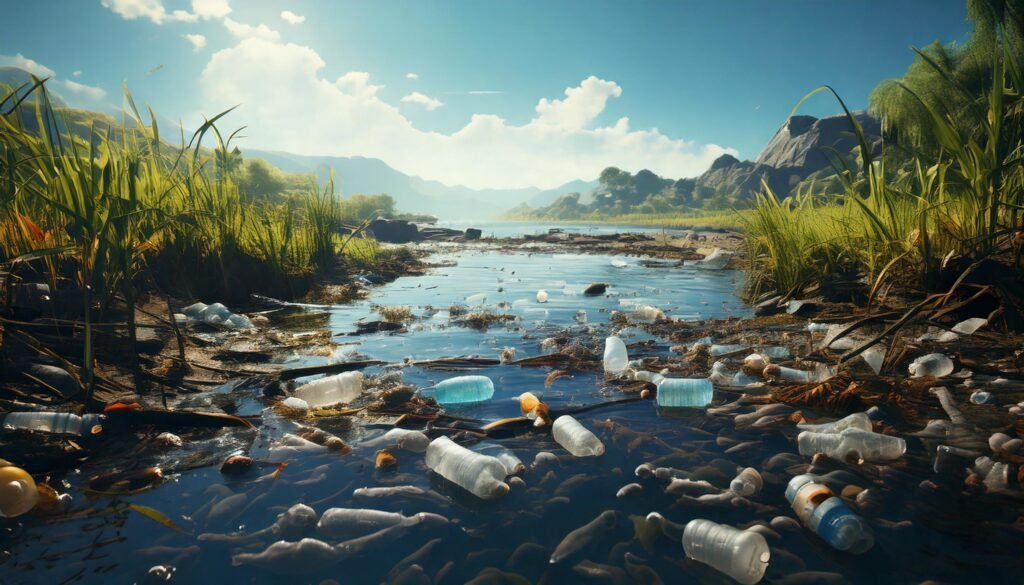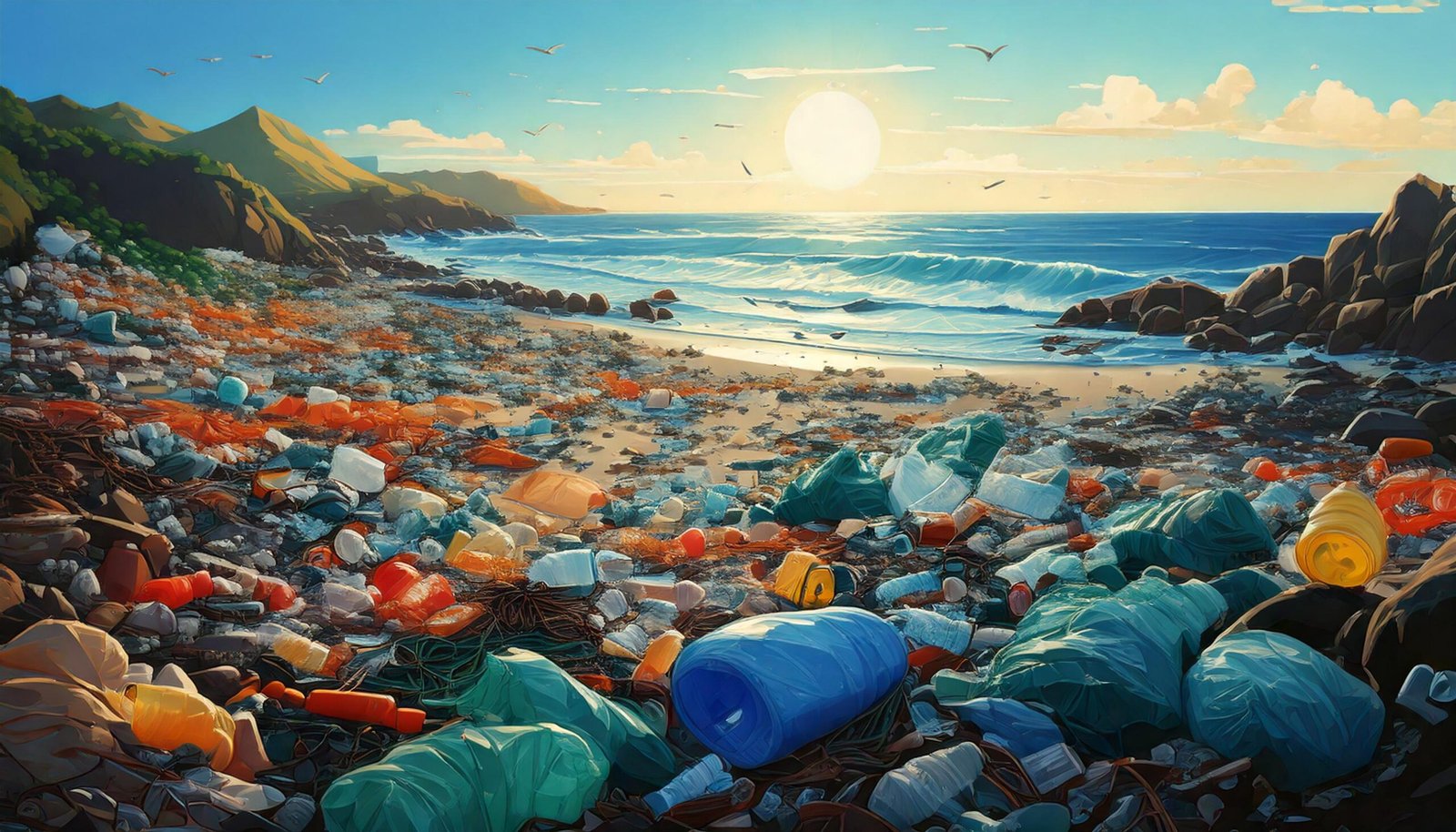Pollution: A Growing Threat
While the fight against climate change is undeniably crucial, pollution has already reached dangerous levels in many areas of the world. According to the World Health Organization (WHO), air pollution alone is responsible for an estimated 7 million premature deaths every year. The organization notes that nearly 92% of the global population lives in areas where air quality exceeds WHO guideline limits.
“Air pollution is a silent killer,” says Dr. Maria Neira, Director of the Department of Environment, Climate Change, and Health at the WHO. “While the world focuses on the broader impacts of climate change, we are seeing that pollution is taking an immediate toll on public health, particularly in urban areas. It needs urgent action.”
Pollution’s Immediate Impact
Unlike climate change, which progresses over a long period, pollution’s effects can be felt immediately. Water and air pollution have direct consequences on human well-being, while toxic waste infiltrates ecosystems at alarming rates. Pollution also exacerbates climate change by increasing the levels of greenhouse gases in the atmosphere, creating a feedback loop that further damages the planet.
Dr. Robert Bullard, a leading environmental justice advocate and professor of urban planning at Texas Southern University, emphasizes the disproportionate effects pollution has on vulnerable communities. “Pollution is a social justice issue,” Dr. Bullard explains. “Low-income and minority communities are often exposed to higher levels of pollution, resulting in a range of health problems, from asthma to cancer. The environmental movement needs to prioritize these communities, who are bearing the brunt of the pollution crisis.”
Plastic Pollution: An Urgent Crisis
One area of pollution that has drawn increased attention in recent years is plastic waste. With an estimated 8 million tons of plastic entering the oceans annually, the problem is rapidly becoming one of the most visible forms of environmental degradation. Marine biologist Dr. Sylvia Earle has long advocated for the reduction of plastic waste, calling it a critical issue that directly affects marine life and ecosystems.
“The plastic pollution crisis in our oceans is something we can no longer ignore,” says Dr. Earle. “It’s a matter of life and death for countless marine species. If we don’t act now, we risk losing entire ecosystems that have taken millions of years to develop. And as plastic enters the food chain, it poses risks to human health as well.”
Climate Change and Pollution: Interlinked Challenges
Many experts argue that tackling pollution and addressing climate change are not mutually exclusive. In fact, solving one issue can help mitigate the other. Reducing air pollution, for example, would not only improve public health but also lower the emissions of greenhouse gases that contribute to climate change. Similarly, reducing plastic waste can prevent further damage to ecosystems that are crucial in the fight against climate change.
Dr. Janos Pasztor, executive director of the Climate Finance and Investment Initiative, explains, “When we focus on pollution, we’re also addressing climate change. Clean energy, better waste management, and reduced deforestation all have direct benefits in reducing pollution and stabilizing the climate. Tackling pollution is not just a necessary fight for the health of our planet, but for the health of future generations.”

The Urgency of Pollution
While climate change may seem like the more overarching issue due to its long-term consequences, pollution is a more immediate threat with visible, often irreversible effects. Experts are calling for a paradigm shift in the environmental movement, one that places equal emphasis on pollution reduction and climate change mitigation.
Dr. Michael Mann, a renowned climate scientist, advocates for the simultaneous fight against both pollution and climate change. “We cannot afford to put one issue above the other. Pollution contributes to climate change, and climate change exacerbates pollution. We must approach these problems together for a more sustainable and healthy planet.”
Moving Forward: A Call to Action
The environmental movement must acknowledge the urgency of pollution while continuing the critical work to combat climate change. By integrating pollution reduction strategies into the broader fight for environmental sustainability, we can create a cleaner, healthier world for generations to come.
As Dr. Neira notes, “The environmental movement must act with urgency. Our health, our ecosystems, and our future depend on it. Let’s not wait for more lives to be lost before we tackle pollution head-on.”
The time to act is now. Reducing pollution and addressing climate change simultaneously is not only possible, but it is necessary to safeguard both the environment and human health.







